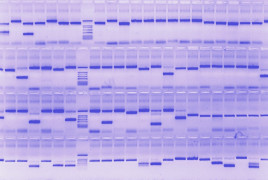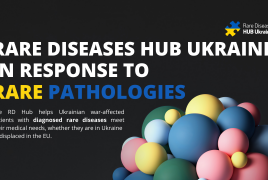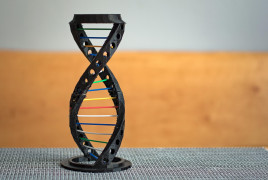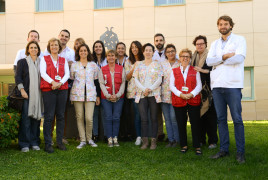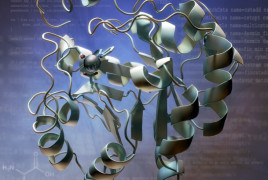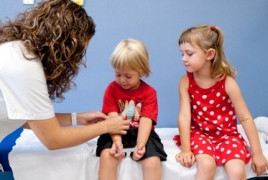Tips for preparing your summer holidays
Many families will have already started the summer break period. Occasionally, if you do not prepare on time everything you need for your trip, holidays can be more of a nightmare than a period ofRare Diseases Hub Ukraine in response to rare pathologies
It is estimated that there are around 2 million patients in Ukraine suffering from rare diseases. This situation has been exacerbated by the crisis resulting from the war. Rare diseases affect 5 outGenes, chromosomes and chromosomal anomalies
First things first: What are genes and chromosomes? Our body is made up of millions of cells and most of these cells contain a complete set of genes. Genes are like a set of instructions that controlToxic agents, radiation and microbes: non-genetic factors that can cause a rare disease
Approximately 80% of rare diseases have a genetic origin and are present at birth. However, rare diseases are not always caused by a de novo mutation —occurred spontaneously during reproductive cellWhat is a patient registry?
A patient registry collects information about patients who are affected by a particular condition. Registries are databases containing quantitative and qualitative data about the patients. In rare«The role of Pediatric Palliative Care Units is key to give visibility to siblings of sick children inside the family»
S4R: What does it mean to receive palliative care? Which kind of attention do these children receive? PPCU: Pediatric palliative care is defined by the WHO as the active and total assistance of theAmniocentesis test
Amniocentesis is a procedure by which part of the amniotic fluid (the liquid contained within the amniotic sac) is removed for genetic testing during pregnancy. It is mainly used to detect anomaliesWe speak with Gonzalo Bermejo, president of SYNGAP-1 Spain
Gonzalo Bermejo’s daughter Carlota was diagnosed with SYNGAP-1 syndrome almost 4 years ago. She was 11 at the time. "The Spanish West Syndrome Foundation payed for our genetic test and the results

